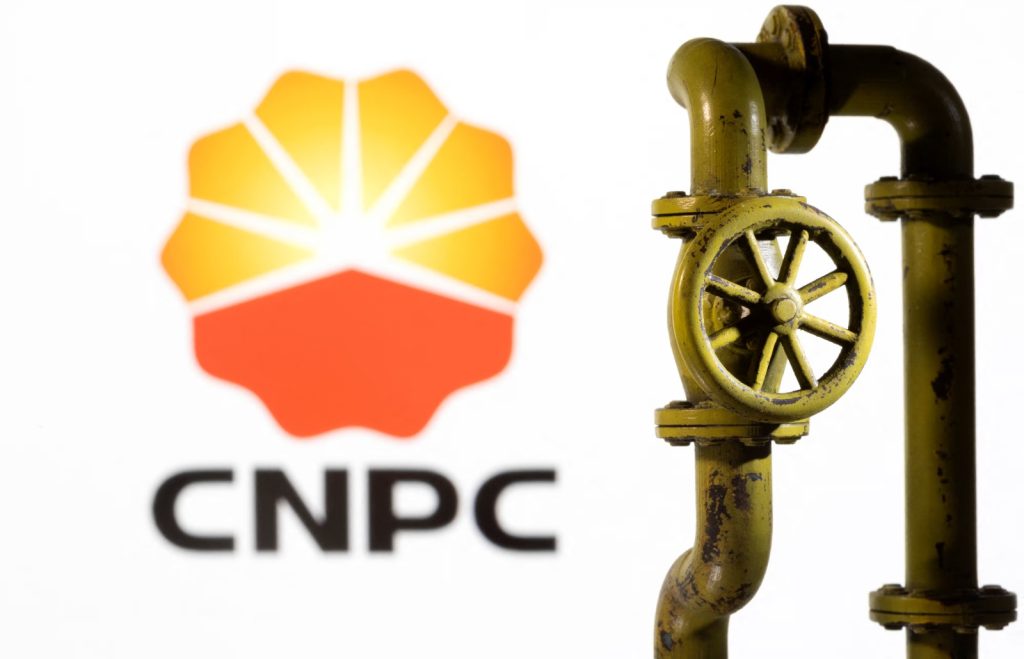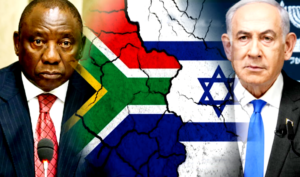CNPC Defies Niger’s Junta, Keeps Drilling Oil Flow, Despite Rising Tensions

In the sun-scorched plains of Niger’s Agadem basin, the pumps have not stopped humming. China’s state-owned oil giant CNPC, continues to extract and export crude despite a widening rift with the country’s new military rulers. This is a defiance that undermines both Beijing’s sturdy economic stakes and Niger’s fragile struggle for sovereignty.
CNPC first arrived in Niger in the early 2000s, promising prosperity through oil. The company discovered and developed the Agadem oilfield, built a refinery in southern Niger, and laid a 2,000-kilometre pipeline snaking through the bush to a Benin port. With over $5 billion already sunk into the venture, production began in 2011 at 20,000 barrels per day (bpd). Recent expansions have boosted that figure to 90,000 bpd, a country’s lifeline yet starved of revenue and recognition.

But since the 2023 coup that toppled President Mohamed Bazoum, the partnership has soured. The junta, led by General Abdourahmane Tchiani, now head of a five-year transitional government, wants a bigger say in the oil wealth flowing beneath Niger’s deserts. It has ordered CNPC to increase local hiring to 80% and narrow the yawning pay gap between Nigerien workers and Chinese expatriates. At present, locals make up less than a third of the workforce.
Despite these tensions and the expulsion of several Chinese staff earlier this year, oil exports through Benin have not stopped. It is noted that the total crude sales have already topped $2 billion, even as negotiations over resource control drag on.
The Nigerien people, many of whom have never seen the profits promised impact in decades of foreign company’s extraction, the story feels painfully familiar. An inner feeling would ring as, foreigners prosper, while locals are told to wait. Yet for CNPC, pulling out is unthinkable. Because the Agadem field is a strategic outpost in Beijing’s wider Belt and Road ambitions, connecting Africa’s underdeveloped frontiers to global energy markets.
As pipelines pump quietly spines through the desert, the uneasy marriage between China’s pragmatism and Niger’s nationalism endures a proof that in Africa’s oil heartlands, power flows not just from the barrel, but from who controls the tap.






